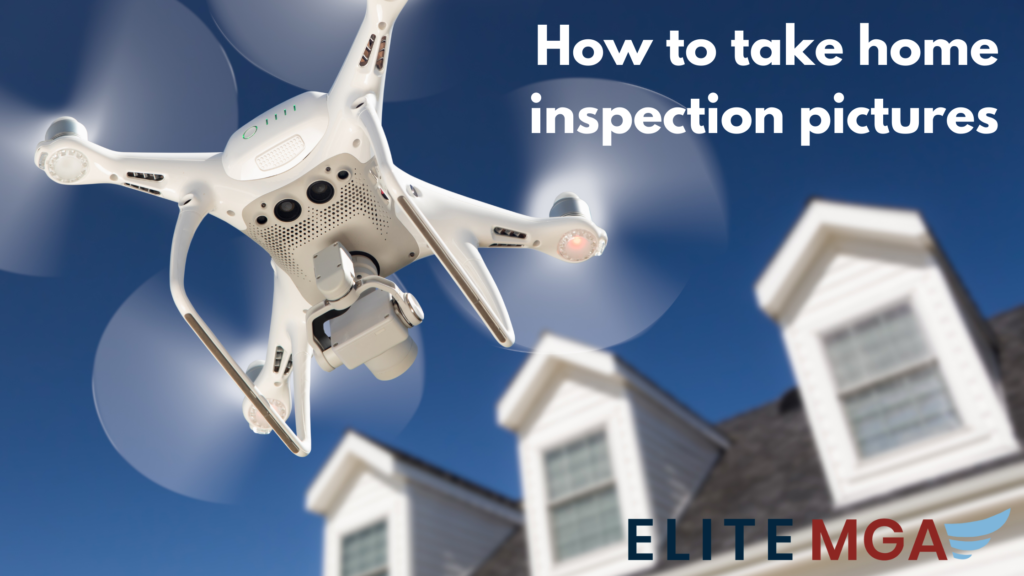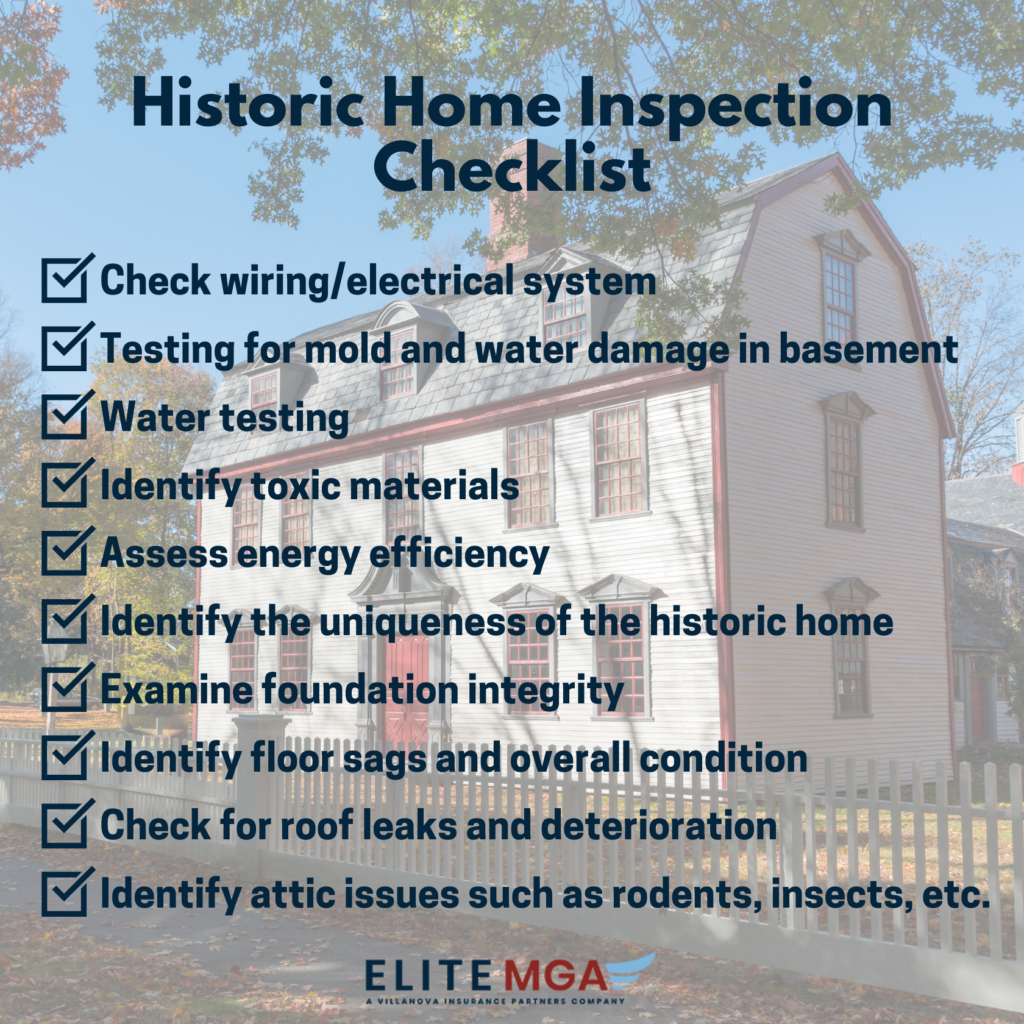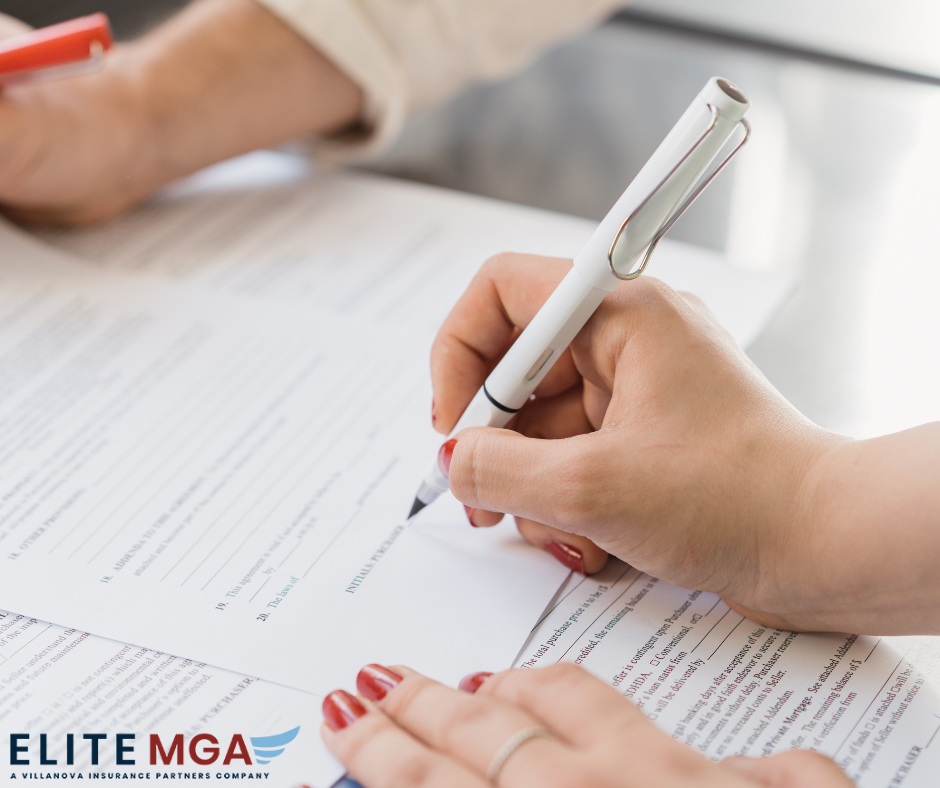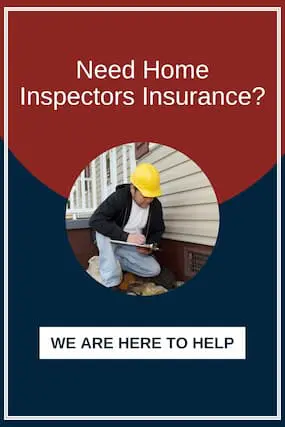Completing applications can be frustrating and even intimidating for some as they gather the necessary information for their home inspector insurance applications. We answer all the common questions home inspectors have while signing up for insurance.
1. Contact Information
For the contact information portion of the application, it is acceptable to use your full name for this portion. This is extremely helpful for new home inspectors who have not yet established their business entity. Individuals can use their name until they have formally established the business such as an LLC, corporation, or sole proprietorship.
2. Business Information
If you have a business entity established, share that information in your application. It’s important to note that any DBAs (“doing business as”) that you have used are included in this section of the application.
3. Location of Operations
Insurance requirements for home inspectors vary from state to state. You may use our interactive map to identify the requirements for the specific state you plan to set up your business. Some states require General Liability Insurance and Errors and Omissions Insurance (E&O) while some only require General Liability Insurance.
4. Insureds (Yourself, Employees, and/or Contractors)
When identifying yourself, it is important to note whether employees and/or contractors work exclusively for you or if they are covered under their own policy. It is essential to differentiate inspectors who work for you as a 1099 subcontractor or independent contractor. If they are a true subcontractor that has their own insurance, EliteMGA can draft a contractor agreement for you that protects both parties.
5. Revenue
A common question of concern when completing your insurance application is revenue. For new home inspectors estimated revenue is sufficient. The general rule for a fledgling home inspection business is $25,000 for the first year of estimated revenue. If your revenue exceeds this amount, it’s not a problem. After the first year, you can provide a more definitive revenue figure for renewal.
6. Coverage Options (Limits, Deductibles, & Ancillary)
Home inspector insurance comes with coverage options that are designed to fit your specific needs. First, you must meet your state requirements for insurance and licensing. For those who do not have such requirements, home inspectors can obtain policies that can range from $100,000 to $2 million in coverage. The amount of insurance coverage beyond the mandated minimum is up to your personal choice. Contact our team of agents at EliteMGA who can share their wealth of experience and guide you to the best insurance limits for your business.
7. Risk Management Measures
With proper risk management practices in place, you can reduce your insurance costs. Common risk management measures employed by home inspectors are pre-inspection agreements with clients, home inspection reports with photos and videos, home inspection software, education and certifications for special or ancillary services, membership to a respected home inspector association that offers continuing education and more. If you use any of these in your business, please include them in your home inspector insurance application.
8. Insurance & Claims History
When it comes to your history of insurance coverage and claims it is important to share your current E&O policy to get the most accurate quote. Once you switch policies to a new carrier, your former carrier will not cover your past inspections. It is important to choose an insurance carrier that will cover your prior inspections. Most offer this as long as you have continuous coverage with no lapses up to your retroactive date.
Are Home Inspector Licenses Required to Get an Insurance Quote?
No, home inspector insurance licenses are not required to obtain a quote for insurance. Not having a license will not prevent you from receiving your insurance quote or a policy in force. Once your policy is ratified and your license is granted, you will just need to simply send your agent a copy of your newly issued license to keep on file.
What is a Loss Run Report?
An essential part of your application process is the Loss Run Report. A Loss Run Report is a summary of your business’ insurance claim history. If you have past incidents, claims, or lawsuits, they will appear in your report. Loss Run Reports detail all the relevant information related to your insurance history and the losses incurred from the claim which include attorney’s fees and damages. These reports will also show zero losses as well. It is also important to disclose any potential claims.
Start Your Home Inspector Insurance Application
At EliteMGA, we strive to provide the most comprehensive customer service for our clients, including the application process. Whether you’re a seasoned veteran looking to switch to EliteMGA’s tailored insurance coverage or you’re just entering into the home inspection industry, we offer support throughout the application process, risk management to prevent claims, and claims management when needed.




